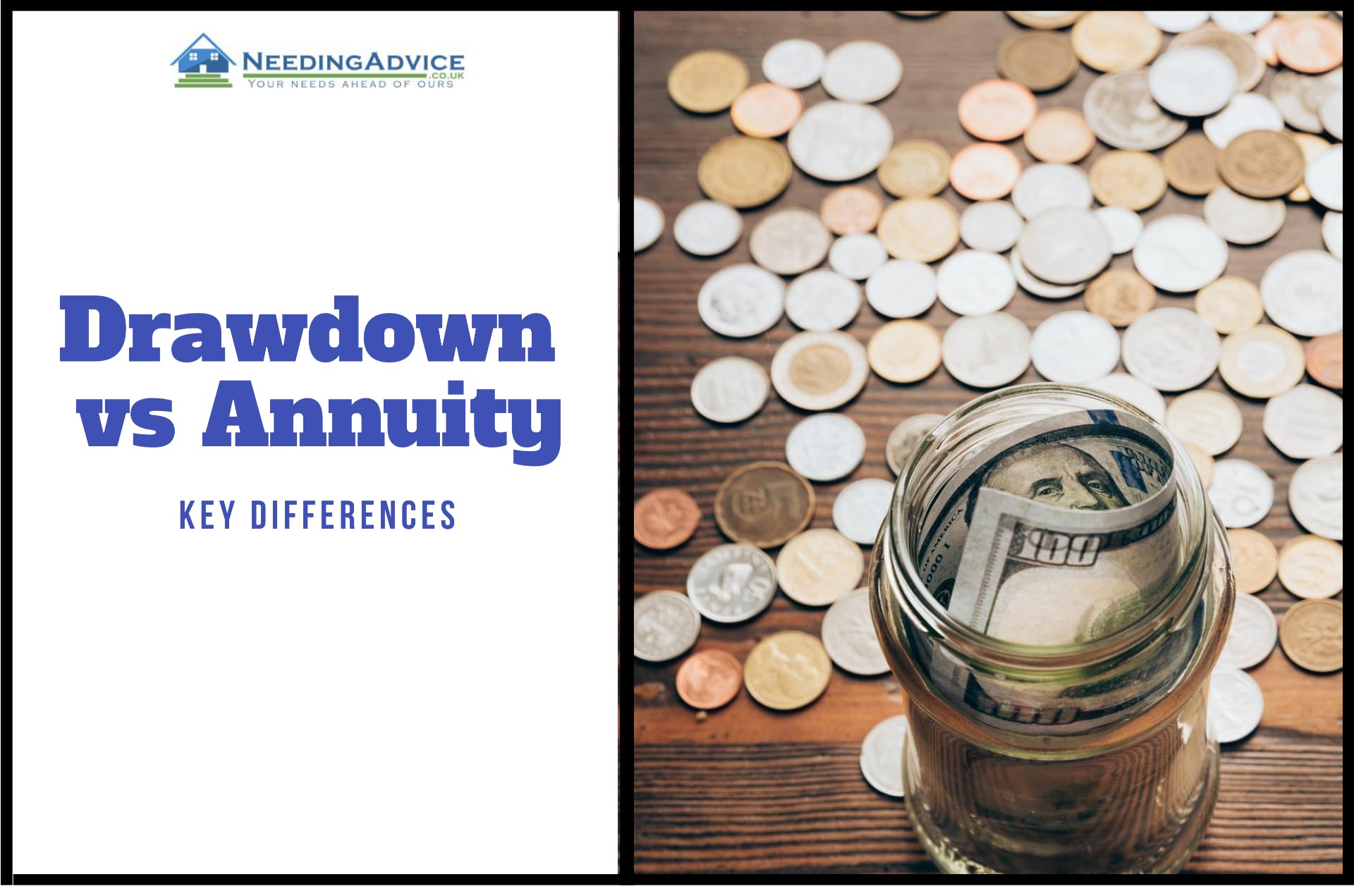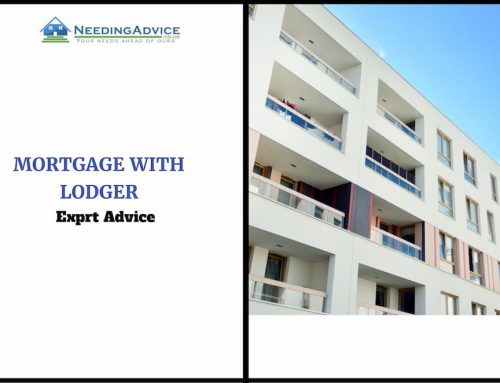
Drawdown vs Annuities
I am a fully qualified mortgage broker with the CEMAP qualification and I am also a fully qualified financial adviser with the DipFA qualification. I offer an up-to-date approach when advising on pensions, savings and investments and also tax planning.

When discussing the differences, the benefits and drawbacks of the many ways you take your pension, it can be very confusing. That’s why in this article we will breakdown the features into more understandable terms so that you can make an informed decision based on a balanced point of view.
Below, we look in more detail around the features of drawdown and annuities, including the benefits and drawbacks and more:
What is an annuity?
An annuity is a product that you can purchase with a lump sum and in exchange, will pay you a guaranteed income for life (or a set term). There are different types of annuities available. Some pay fixed income while some increases over time and can help keep pace with inflation overtime. The amount of income you receive will depend on what the provider estimates as your life expectancy. The shorter they think you will live the more they will offer you, vice versa.
What is an enhanced annuity?
An enhanced annuity is where an annuity will pay a higher income if your provider believes you have a lower than average life expectancy. This can be reliant on factors such as:
-
Diabetes
-
Asthma
-
Heart disease
-
Cancer
-
Kidney Failure
What are the pros and cons of an annuity?
Advantages of annuities:
-
You are able to budget for the future and know exactly how much income you are going to have.
-
Once set up it requires no managing.
-
It can never run out.
The potential downsides of annuities are:
-
Your income can be limited by annuity rates and the level of income you can receive may not be much due to current rates.
-
If fixed, your income can be inflexible.
-
Unless you choose an annuity that continues to pay a reduced income to your spouse on death, an annuity can’t be inherited on death.
What is drawdown?
Drawdown is a way to take income from your pension pot while staying invested in the stock market. You can draw money at any amount and time depending on your needs. These withdrawals are taxed as income and any unspent funds from this will be passed to your beneficiaries when you die.
What are the pros and cons of drawdown?
The benefits of drawdown are:
-
You can increase your income whenever you like and take larger lump sums if you wish
-
Your beneficiary can receive the fund tax free when you die if you are under age 75.
-
You have more control over your fund and more involvement in investment decisions. This may appeal to more experiences investors.
The disadvantages of drawdown are:
- If you take too much money, your fund can run out completely.
-
Your pot will stay invested in the stock market and is therefore vulnerable to stock market falls. This means your fund can go down as well as up.
-
A drawdown scheme will need ongoing management. This means you could have yearly charges while invested.
-
There is no guaranteed income meaning it could be difficult to predict the income you can have in the future. Also, this does not provide the same peace of mind that an annuity does.
Reasons why an annuity may appeal to you:
-
You like the peace of mind that a guaranteed annuity gives you.
-
You don’t want to have to manage your pension.
-
You might not expect to live a long time and like the idea of an enhanced annuities.
-
You don’t expect your spending habits to change over time.
Reasons why drawdown may appeal to you:
-
You are prepared to take some risk so that you could potentially receive a higher income.
-
You think your spending habits could change over time.
-
You would like to take some lump sums.
-
The idea of leaving a larger inheritance if you die prematurely appeals to you.
To conclude
It can be difficult to decide the best way to take your pension and it is always a good idea to get advice from a financial advisor before making the important decision.
Next Steps
If you are considering taking your pension and need assistance with deciding how to take it, please contact us and we will be happy to help.







Leave A Comment